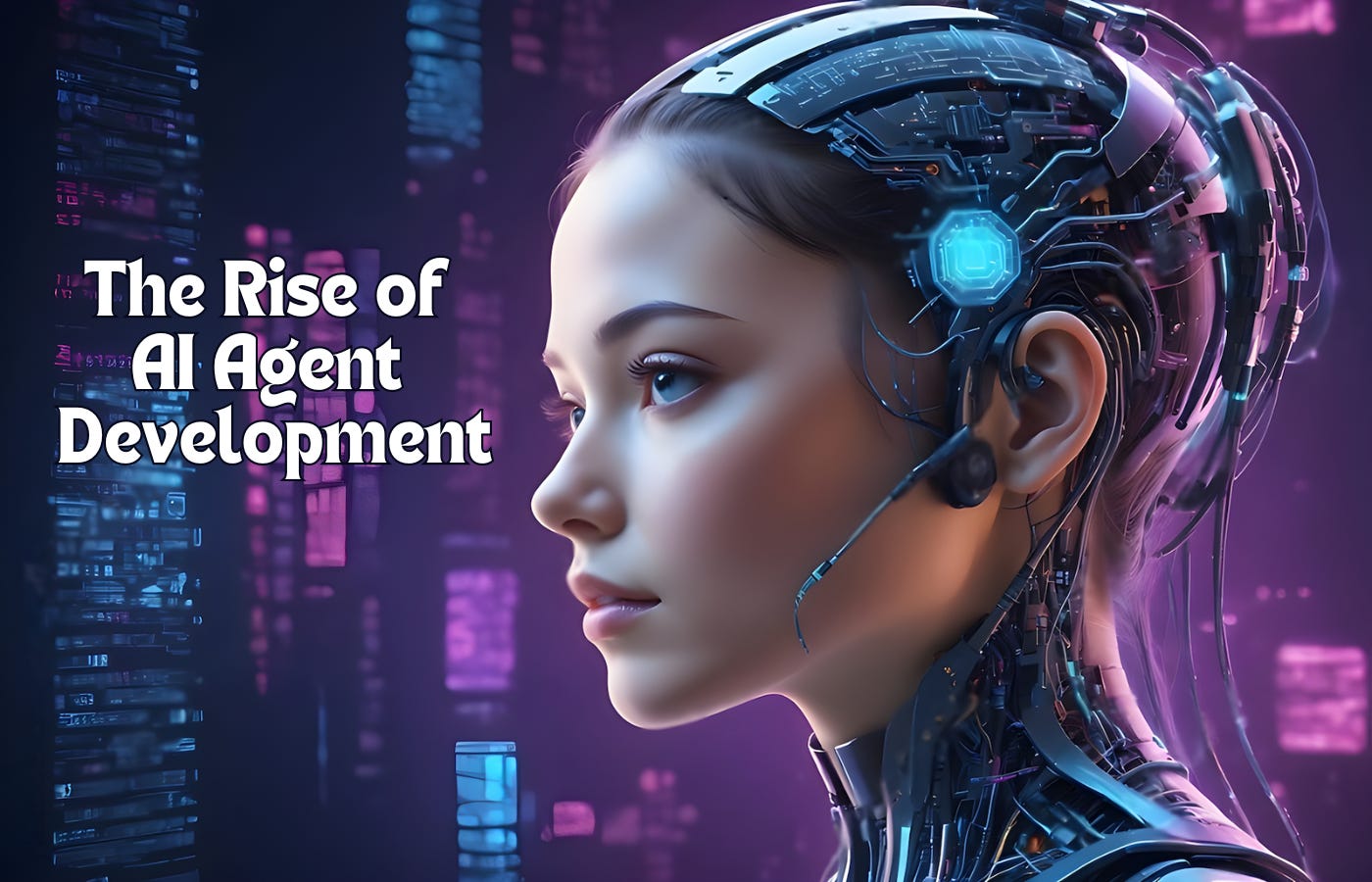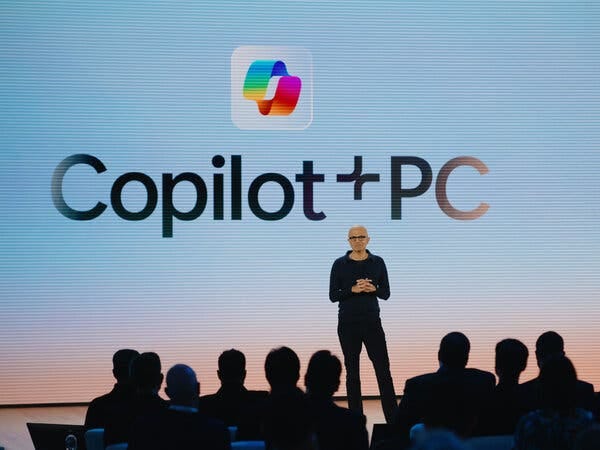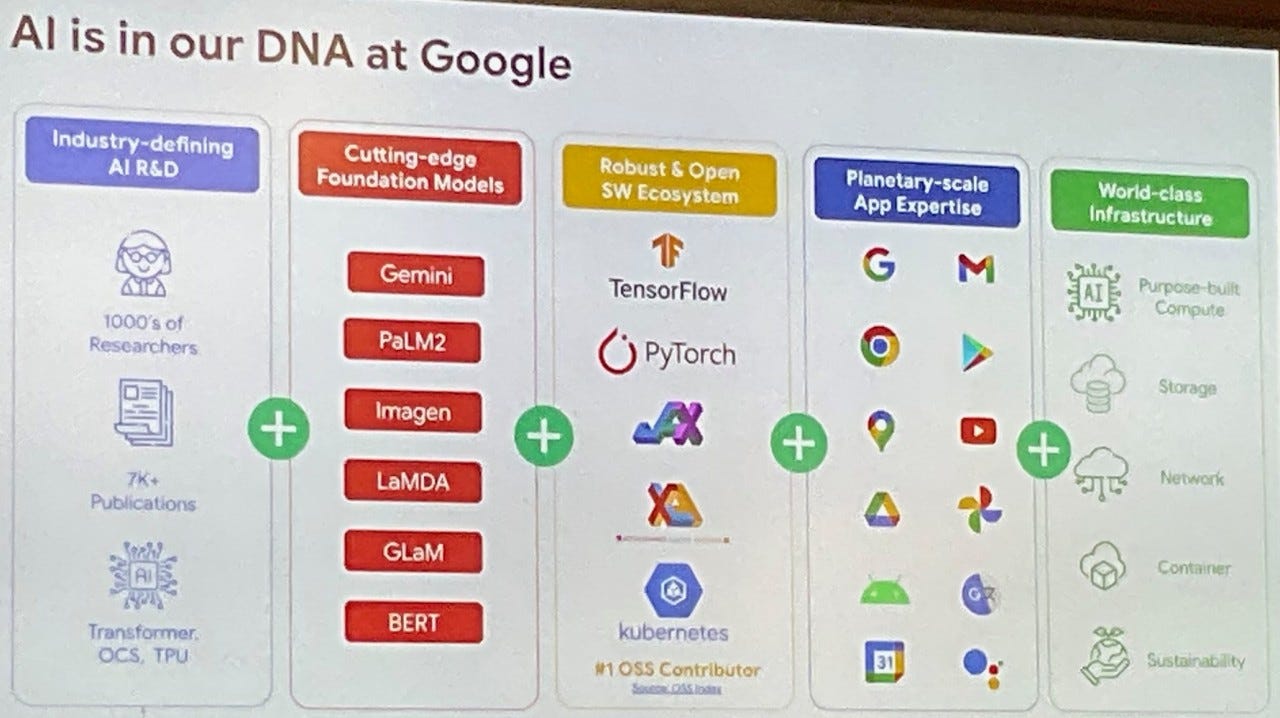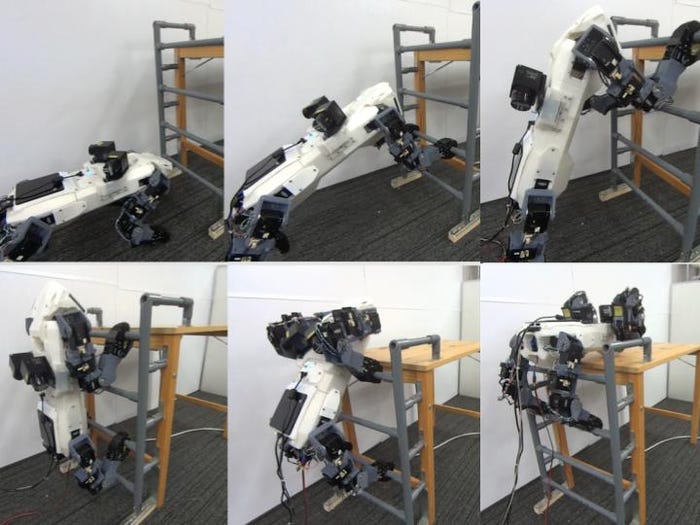AI News Roundup: Agents, Models, and Innovations
From ChatGPT's New Interface to Ladder-Climbing Robots: The Latest Breakthroughs Shaping Our AI-Driven Future
As we approach the midpoint of 2025, the world of artificial intelligence continues to evolve at a breakneck pace. From the promise of AI agents to groundbreaking updates in language and image models, this week's roundup covers the latest advancements and what they mean for developers, businesses, and everyday users. Let's dive into the most significant AI news and developments.
The Rise of AI Agents: A 2025 Reality?
One of the most anticipated developments in the AI world is the emergence of AI agents - independent artificial intelligence models capable of performing a range of tasks without human input. At OpenAI's recent Dev Day, Sam Altman hinted that 2025 could be the year when AI agents go mainstream.
During a fireside chat, Altman expressed excitement about the potential of models like GPT-4 and its successors to enable agent-like capabilities. He emphasized the models' ability to reason, break down complex problems, and act on them. While the full details of OpenAI's plans for agents remain under wraps, the AI community is buzzing with anticipation.
What could this mean for users? Imagine having an AI assistant that can not only answer questions but also proactively manage tasks, schedule appointments, and even make decisions based on your preferences and past behaviors. The implications for productivity and personal assistance are enormous, but they also raise important questions about privacy, security, and the role of AI in our daily lives.
Canvas: ChatGPT's New Interface Revolution
OpenAI isn't just focusing on future possibilities; they're also improving the current user experience with ChatGPT. The new Canvas feature, rolled out to all ChatGPT Plus subscribers, represents a significant overhaul of the chatbot's interface.
Canvas introduces a range of new capabilities:
- Suggested edits for text
- Length and reading level adjustments
- Grammar and clarity checks
- Code review and language porting
- Emoji additions
The most striking change is the split-screen interface, which allows users to edit and interact with generated content more fluidly. This update brings ChatGPT closer to being a comprehensive writing and coding assistant, rather than just a question-answering tool.
For content creators, students, and professionals who regularly work with text, Canvas could be a game-changer. The ability to quickly generate, edit, and refine content all within the same interface streamlines the creative process significantly.
Microsoft's AI Ambitions: From Windows to Web Browsing
Microsoft continues to be at the forefront of integrating AI into everyday computing experiences. Their latest updates span across Windows, Bing, and their AI assistant, Copilot.
Windows AI Features
New AI capabilities are being rolled out to Windows PCs equipped with neural processing units (NPUs):
1. **Recall Feature**: This controversial feature, which remembers your computer activities throughout the day, is finally seeing a limited rollout after addressing privacy concerns.
2. **Click to Do**: This context-aware feature offers AI-powered actions based on what's on your screen, from image editing to text summarization.
3. **AI-Enhanced Search**: Windows can now understand the context of images, making it easier to find specific photos even with vague search terms.
4. **Super Resolution in Photos**: Upscale your images directly within the Photos app.
5. **Generative Fill in Paint**: Microsoft Paint now includes AI-powered tools for erasing objects and filling in backgrounds.
These features represent a significant step towards making AI an integral part of the operating system, potentially changing how we interact with our computers on a fundamental level.
Bing and Copilot Updates
Microsoft is also enhancing its web services with AI:
1. **Generative Search in Bing**: This feature provides more in-depth answers for complex queries, going beyond surface-level results.
2. **Copilot Vision**: This opt-in feature allows Copilot to understand and interact with the content on your screen, offering contextual assistance.
3. **Publisher Compensation**: Microsoft has begun paying publishers when their content is used in generative search results, addressing concerns about AI's impact on content creation.
Mustafa Suleyman, head of Microsoft AI, envisions Copilot evolving into a personalized AI agent that understands the context of your life while safeguarding your privacy. This aligns with the broader trend of AI assistants becoming more integrated and personalized.
Google's Multi-Pronged AI Approach
Not to be outdone, Google is pushing forward with AI innovations across its ecosystem:
1. **Google Lens Upgrades**:
- Video understanding
- Voice question support
- Enhanced shopping features
- Song identification (similar to Shazam)
2. **AI-Organized Search Results**: Google Search is getting smarter at presenting information.
3. **AI in Advertising**: Google is integrating AI-generated responses into search results, complete with sponsored content.
4. **Gemini 1.5 Flash-8B**: A new, more efficient large language model for developers.
These updates showcase Google's strategy of incrementally improving existing products with AI while also developing new, cutting-edge models for developers.
The Open-Source AI Revolution Continues
NVIDIA's NV-LLM-72B
NVIDIA has entered the open-source large language model race with NV-LLM-72B. This model is notable for its ability to handle both text and vision tasks, rivaling proprietary models like GPT-4 in some benchmarks. The release of such a powerful open-source model could accelerate AI development and democratize access to advanced AI capabilities.
Meta's Llama 3.2
Meta has made significant strides with its Llama 3.2 release:
- Larger models (11B and 70B) now include vision capabilities
- Smaller, efficient models (1B and 3B) for on-device AI applications
- 128,000 token context window
- Optimization for mobile hardware (Qualcomm and MediaTek)
The open-source nature of Llama 3.2 and its compatibility with various cloud platforms make it an attractive option for developers looking to build AI-powered applications without relying on proprietary models.
Breakthroughs in AI-Generated Images and Video
Flux 1.1 Pro
Black Forest Labs has released Flux 1.1 Pro, a significant upgrade to their image generation model. The new version shows marked improvements in text understanding and overall image quality. Users can now generate more accurate and aesthetically pleasing images based on complex prompts.
ByteDance's Video Generator
ByteDance, the company behind TikTok, has unveiled a new AI video generator that's being compared to OpenAI's Sora. While not yet publicly available, the demos showcase impressive capabilities in generating realistic, 10-second video clips from text prompts.
Luma AI's Dream Machine Update
Luma's Dream Machine, a popular AI video generation model, has received a major speed boost. Users can now generate full-quality clips in under 20 seconds, a 10x improvement in inference speed.
AI in Gaming: DreamWorld
An exciting development for gamers is the upcoming release of DreamWorld on Steam. This game allows players to generate and place 3D assets in real-time within the game world using text prompts. While the extent of interaction with these generated objects remains to be seen, it represents a novel integration of generative AI into gaming experiences.
AI Regulation and Legal Challenges
The rapid advancement of AI technology is prompting regulatory responses:
1. California Governor Gavin Newsom vetoed SB 1047, a bill that would have held AI companies responsible for catastrophic harm caused by modified versions of their models.
2. A judge blocked parts of AB 2839, a California law targeting AI deepfakes in political contexts, citing free speech concerns.
These developments highlight the ongoing challenge of balancing innovation with responsible AI development and use.
Hardware Innovations
Ladder-Climbing Robots
Researchers have developed a quadrupedal robot capable of climbing ladders, showcasing advancements in robotic mobility and potential applications in dangerous environments.
AI-Powered Tablets
Amazon is introducing new Fire tablets with built-in AI tools for writing assistance, webpage summarization, and AI-generated wallpapers, following the trend of integrating AI capabilities into consumer devices.
Looking Ahead
As we digest these developments, it's clear that AI is becoming more deeply integrated into our digital experiences, from our operating systems to our web searches and creative tools. The promise of AI agents looms on the horizon, potentially revolutionizing how we interact with technology.
However, this rapid progress also brings challenges. The need for responsible AI development, privacy protection, and appropriate regulation is more pressing than ever. As we move forward, it will be crucial to balance the exciting possibilities of AI with ethical considerations and societal impacts.
For developers, the expanding landscape of open-source models and AI-integrated platforms offers unprecedented opportunities to innovate. For businesses, the challenge lies in effectively incorporating these AI advancements into products and services while navigating the evolving regulatory environment.
As end-users, we can look forward to more intuitive, powerful, and personalized digital experiences. However, it's also important to stay informed about the capabilities and limitations of AI technologies as they become more prevalent in our daily lives.
The AI revolution is not just coming; it's here, evolving rapidly, and reshaping our digital world in real-time. Stay tuned for more developments as we continue to explore the frontiers of artificial intelligence.








